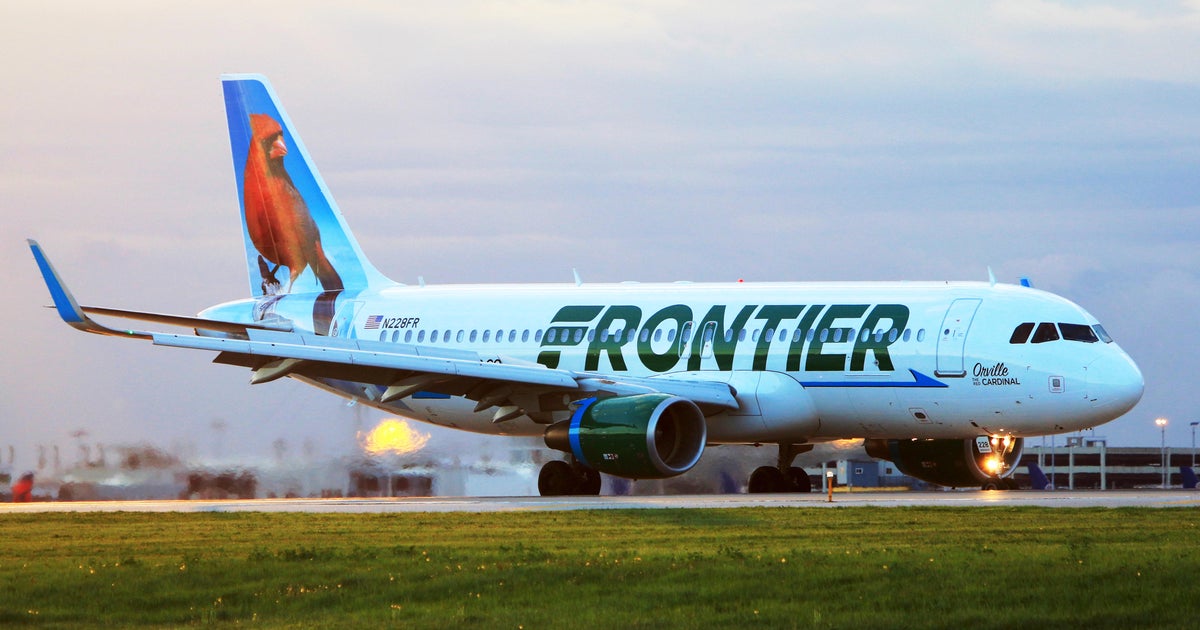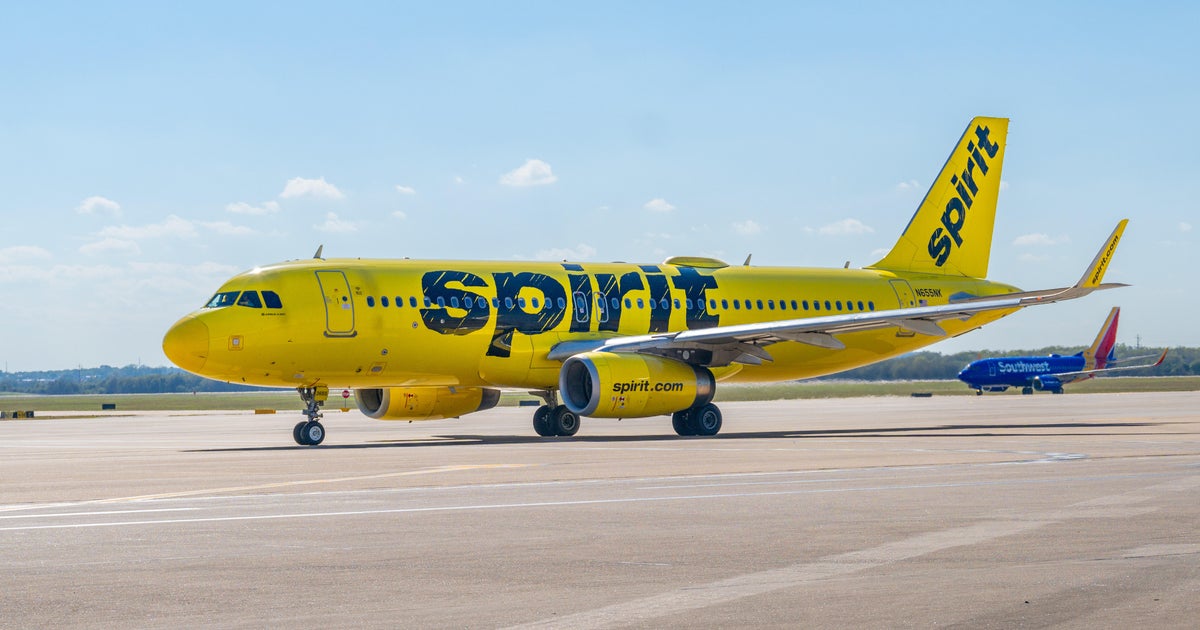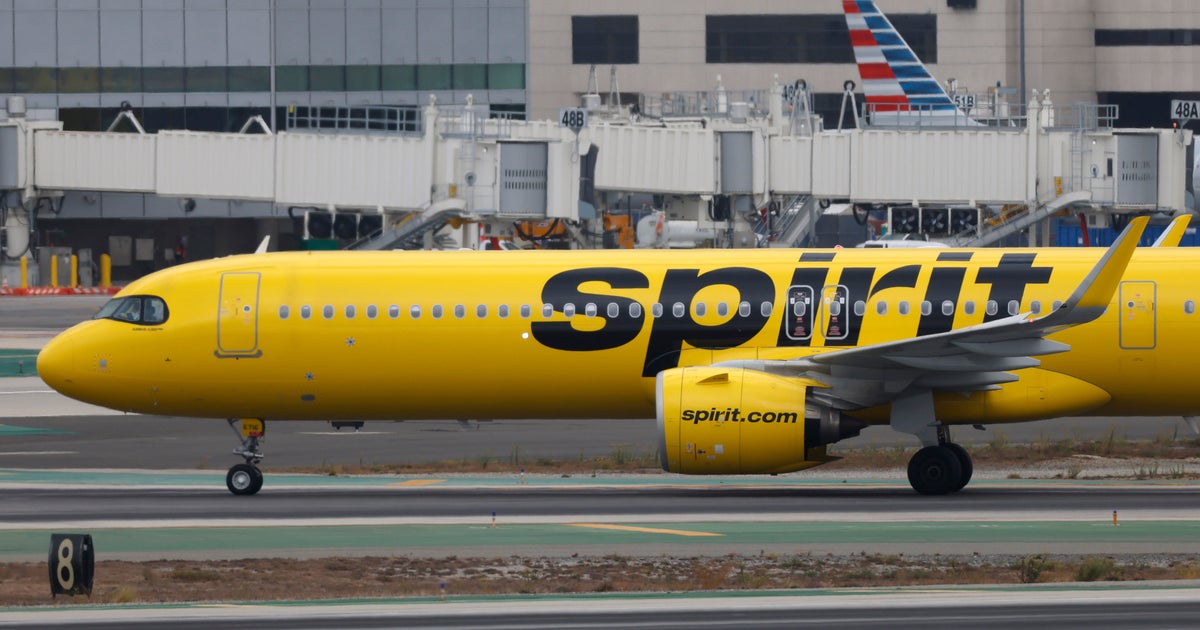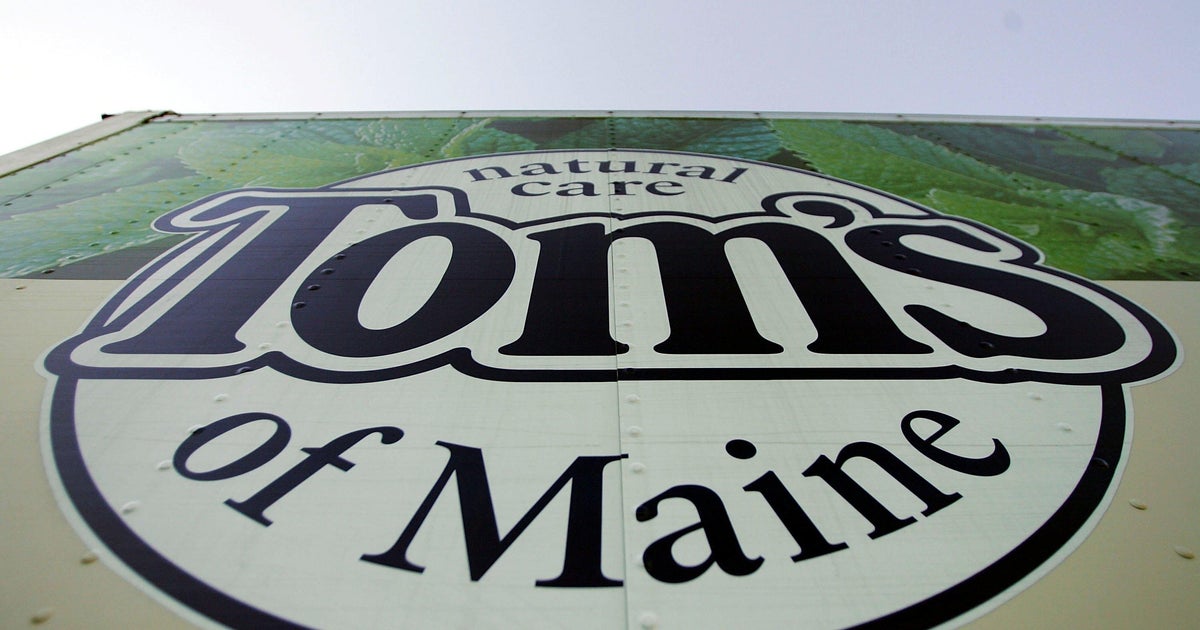Airline and business groups press U.S. to take lead in "virus passport" development
Leading airline and business groups are asking the Biden administration to develop temporary credentials that would let travelers show they have been tested and vaccinated for COVID-19, a step that the airline industry believes will help revive travel and hospitality spending decimated by the pandemic.
Various groups and countries are working on developing so-called vaccine passports aimed at allowing more travel. But airlines fear that a smattering of regional credentials will cause confusion and none will be widely accepted.
"It is crucial to establish uniform guidance" and "the U.S. must be a leader in this development," more than two dozen groups said in a letter Monday to White House coronavirus-response coordinator Jeff Zients. However, the groups said that vaccination should not be a requirement for domestic or international travel.
The groups include the main U.S. and international airline trade organizations, airline labor unions and the U.S. Chamber of Commerce. The White House did not immediately comment.
Credentials need CDC backing
The World Health Organization and the United Nations' aviation arm are working on the type of information to include in a credential. The airline industry groups are particularly interested in having the U.S. Centers for Disease Control and Prevention take a leading role, believing that would increase certainty that information in the credentials is legitimate.
Millions of people are counting on widespread COVID-19 vaccines to enable a return to normal after a year of business and school closures and workplace restrictions. For many, the key to proof of vaccination will be digital vaccine certificates uploaded onto their smartphone.
IBM in January unveiled updates to its Digital Health Pass, including a partnership with Salesforce that puts blockchain technology at the center of the employment-technology firm's vaccine credentialing platform. The passport technology promises to securely record and exchange information with other vaccine services, information that includes an individual's recent temperature checks, the version of the vaccine they received, where and how long ago the vaccination took place and contact-tracing data.
Certificates that authenticate vaccination will be essential for critical services like education, travel and office work to function again at large scale, said IBM's Eric Piscini, an executive at the company's Watson Health division. "To get back to work, we need to trust the vaccination process," Piscini told CBS News in January. "Passports help with trust at scale."
Yellow light for travel
The CDC issued new guidelines Monday for fully vaccinated people, saying they can — without face masks — meet other vaccinated people and visit unvaccinated people in a single household who are considered at low risk for severe disease. However, the health agency still recommends against travel.
"Every time that there is a surge in travel, we have a surge in cases in this country," CDC Director Dr. Rochelle Walensky said.
Walensky noted many variants of COVID-19 that are now spreading in the U.S. started in other countries. Still, she held out the possibility that with more data CDC might soon approve of travel by vaccinated people.
Airlines have been particularly hard hit by the pandemic. Despite a partial recovery, U.S. airlines are still losing $150 million a day, according to the Airlines for America trade group.
In the U.S., the number of people going through airports remains down nearly 60% so far this year compared to 2019, the last pre-pandemic year. Most of those people are flying within the United States.
Airlines are counting on widespread vaccinations to boost travel, and for vaccine passports to give a boost to highly lucrative international flying.



